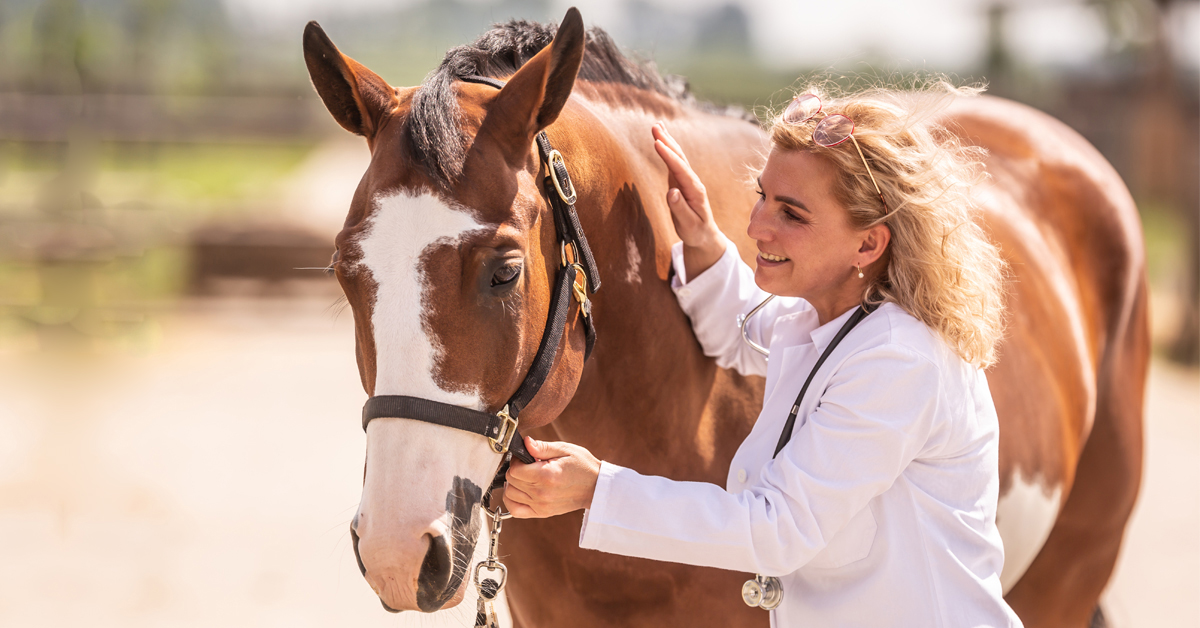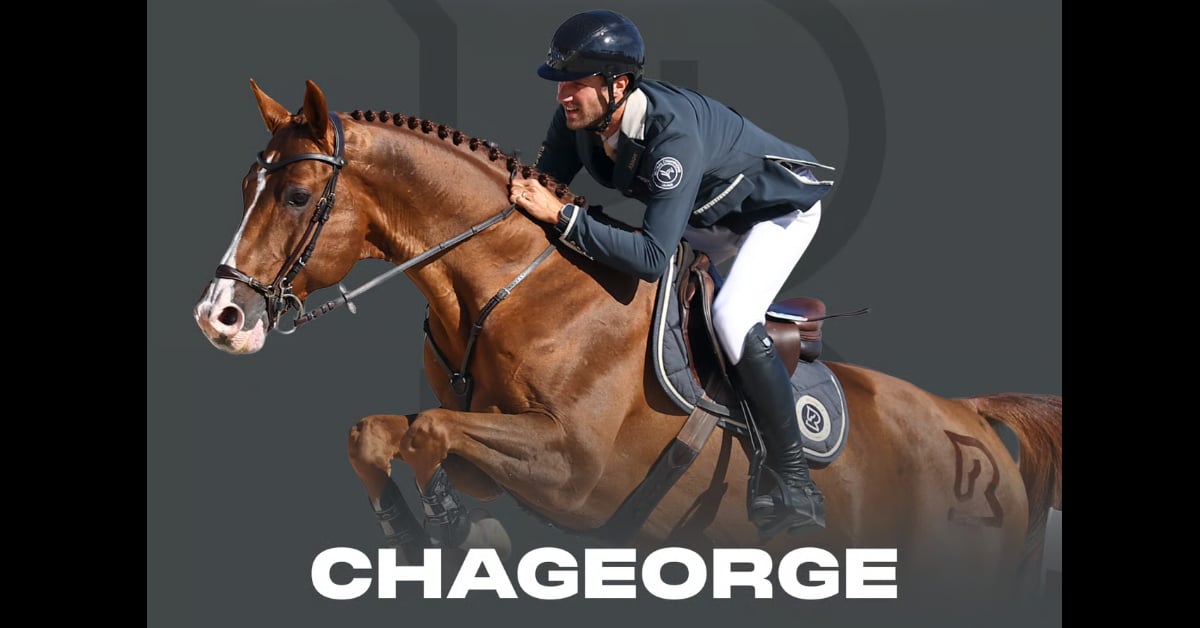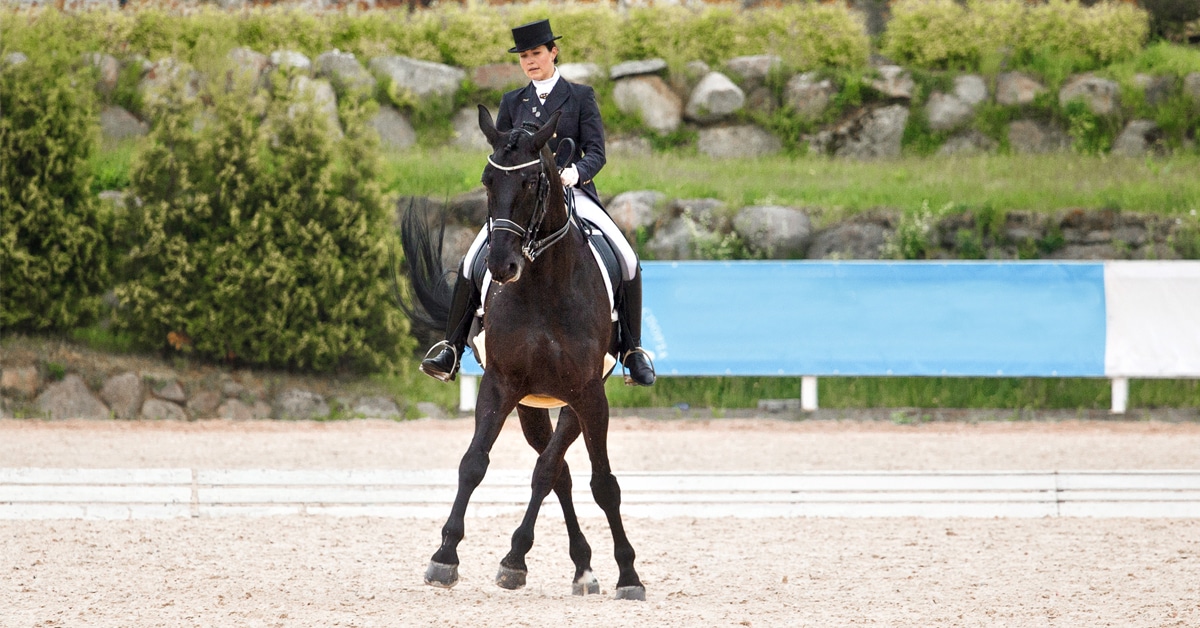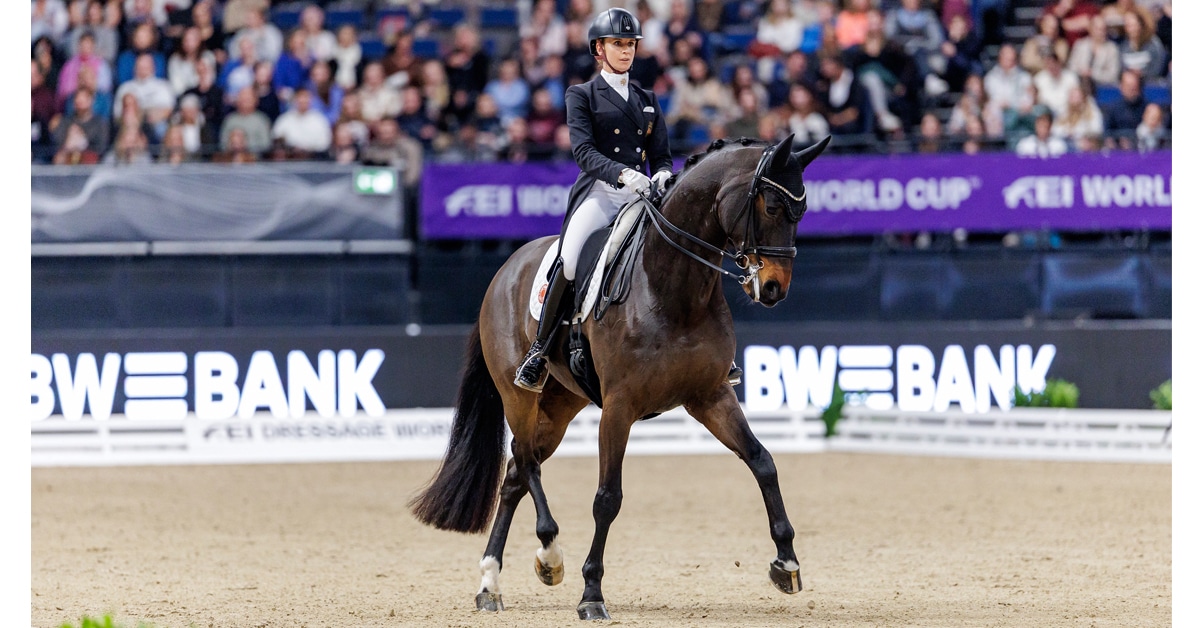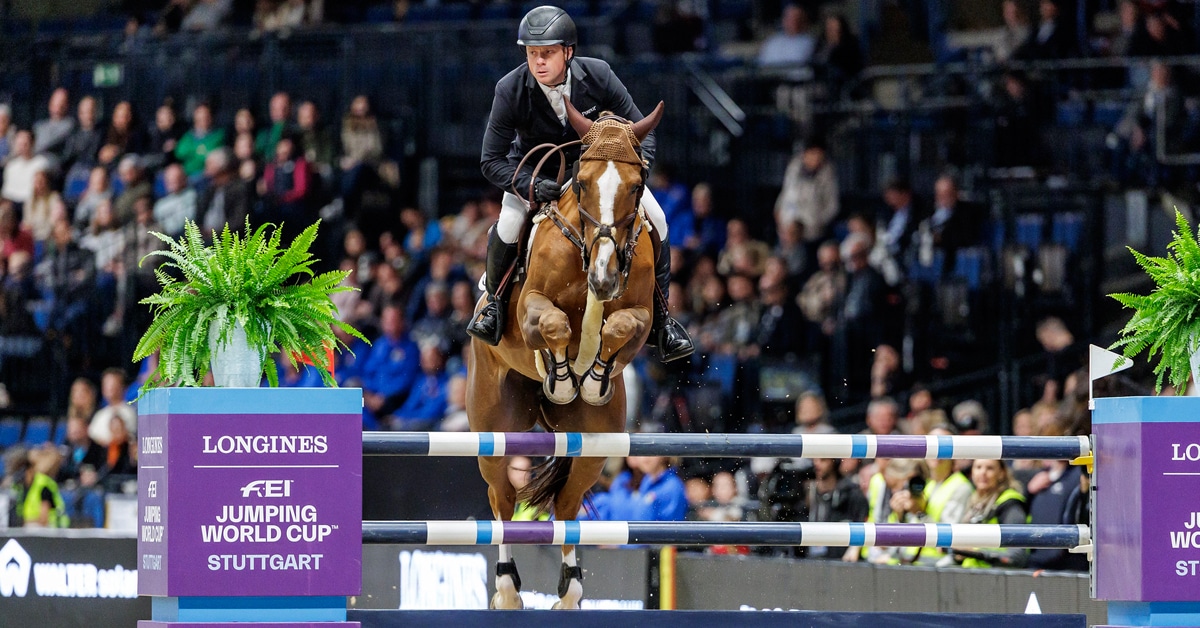The U.S. Department of Agriculture’s (USDA) Animal and Plant Health Inspection Service (APHIS) announced a final rule on January 13th that includes changes that will help to protect horses from the cruel and inhumane practice known as soring and eliminate the unfair competitive advantage that sore horses have over horses that are not sore. The practice of soring is intended to produce a high stepping gait through the use of action devices, caustic chemicals, and other practices that cause horses to suffer, or reasonably be expected to suffer physical pain, distress, inflammation, or lameness while walking or moving.
APHIS enforces the Horse Protection Act (HPA), a Federal law that makes it unlawful for any person to show, exhibit, sell, or transport sore horses, or to use any equipment, device, paraphernalia, or substance prohibited by USDA to prevent the soring of horse in such events. APHIS works actively with the horse industry to eliminate such inhumane practices and the resulting unfair competition they create at HPA-covered events.
The final rule addresses recommendations made by the USDA’s Office of Inspector General following an audit of APHIS’ horse protection program, which found the existing industry-led inspection program to be inadequate for ensuring compliance with the HPA. The rule also seeks to address the substantial noncompliance that continues to exist among Tennessee Walking Horses and racking horses and the relationship that continues to exist between the use of certain prohibited items and soring in horses, such as the use of permitted action devices alone or in conjunction with prohibited substances.
Under the final regulation:
- APHIS will license, train, and oversee independent, third party inspectors, known as Horse Protection Inspectors (HPIs), and establish the licensing eligibility requirements to reduce conflicts of interest.
- To allow sufficient time to train and license HPIs and ensure an adequate number before the start of the 2018 show season, current Designated Qualified Person (DQP) licenses will remain valid until January 1, 2018. Beginning January 1, 2018, management of horse shows, exhibitions, sales, and auctions that elect to use inspection services, must appoint and retain a HPI to inspect horses.
- Beginning January 1, 2018, the regulatory provisions applicable to Horse Industry Organization and Associations are removed and are no longer effective.
- Beginning 30 days after the publication of the final rule, all action devices, except for certain boots, are prohibited on any Tennessee Walking Horse or racking horse at any horse show, exhibition, sale, or auction. All pads and wedges are prohibited on any Tennessee Walking Horse or racking horse at any horse show, exhibition, sale, or auction on or after January 1, 2018, unless such horse has been prescribed and is receiving therapeutic, veterinary treatment using pads or wedges. This delayed implementation allows ample time to both gradually reduce the size of pads to minimize any potential physiological stress to the horses and prepare horses to compete in other classes.
- Beginning January 1, 2018, management of HPA-covered events must, among other things, submit certain information records to APHIS, provide HPIs with access, space, and facilities to conduct inspections, and have a farrier physically present to assist HPIs at horse shows, exhibitions, sales, and auctions that allow Tennessee Walking Horses or racking horses to participate in therapeutic pads and wedges if more than 150 horses are entered, and have a farrier on call if 150 or fewer horses are entered.
Congress passed the HPA to end the cruel and inhumane practice of soring horses and stop unfair competition. Strenghtening the HPA regulations and the enforcement of alleged violations is the best way to achieve this goal. In addition, the prohibitions on the use of action devices and pads (with certain exceptions) are consistent with recommendations made by the American Veterinary Medical Association, the American Association of Equine Practitioners, and leading industry standards for equestrian sports.
This final rule will be publish in the Federal Register in the coming days. A copy of the rule that was submitted to the Federal Register can be viewed here.
The changes regarding the prohibitions on the use of action devices and associated lubricants for exhibitors of Tennessee Walking horses and racking horses, along with the training and licensing of inspectors will be effective 30 days after publication in the Federal Register. The rest of the rule will be effective January 1, 2018.
More News
